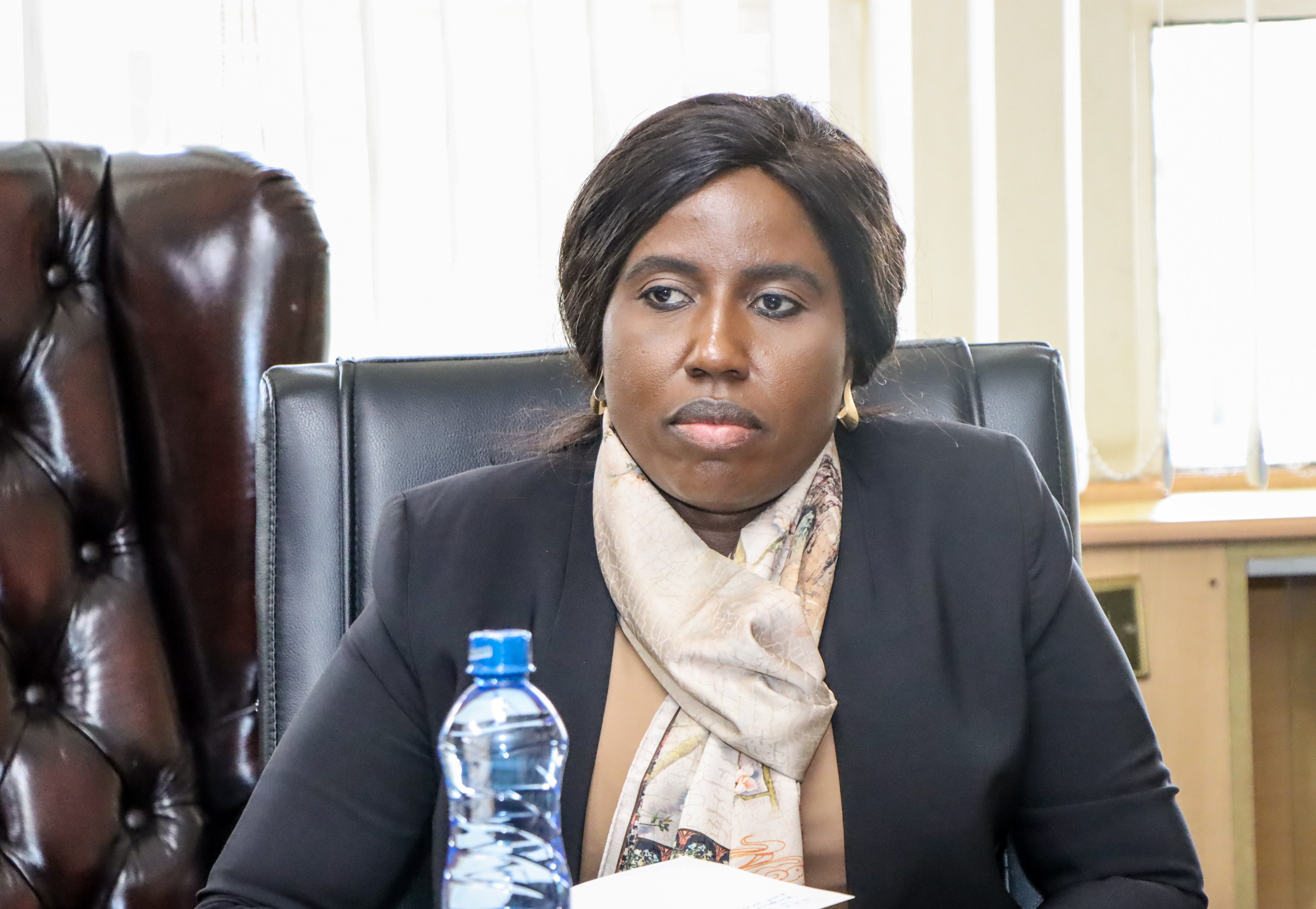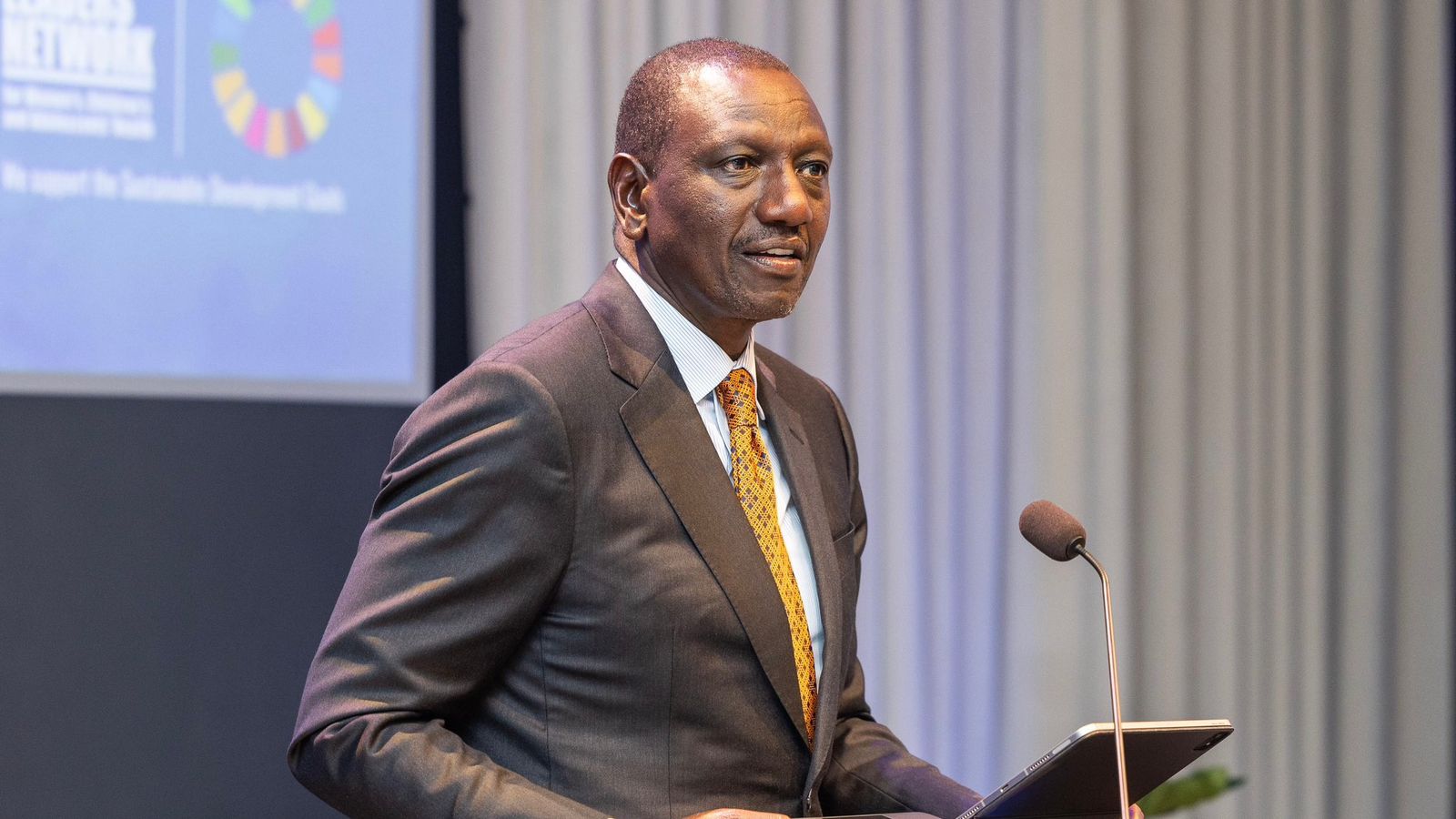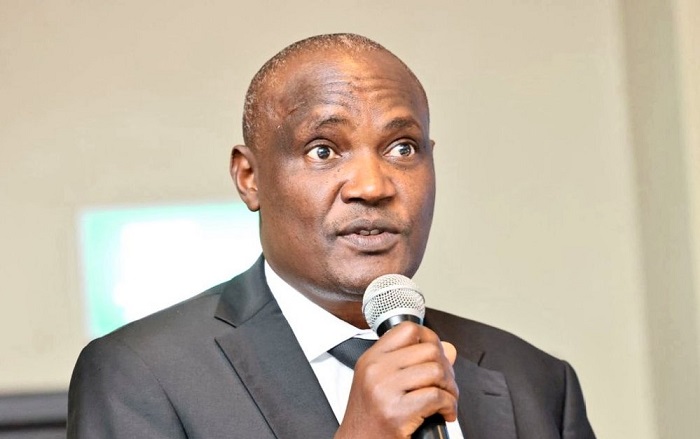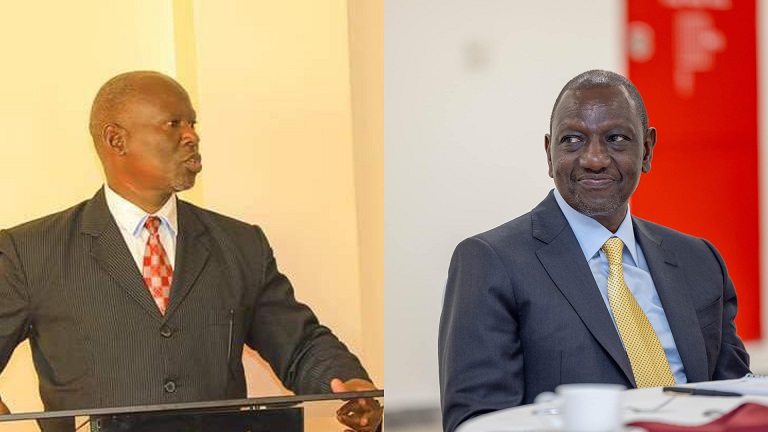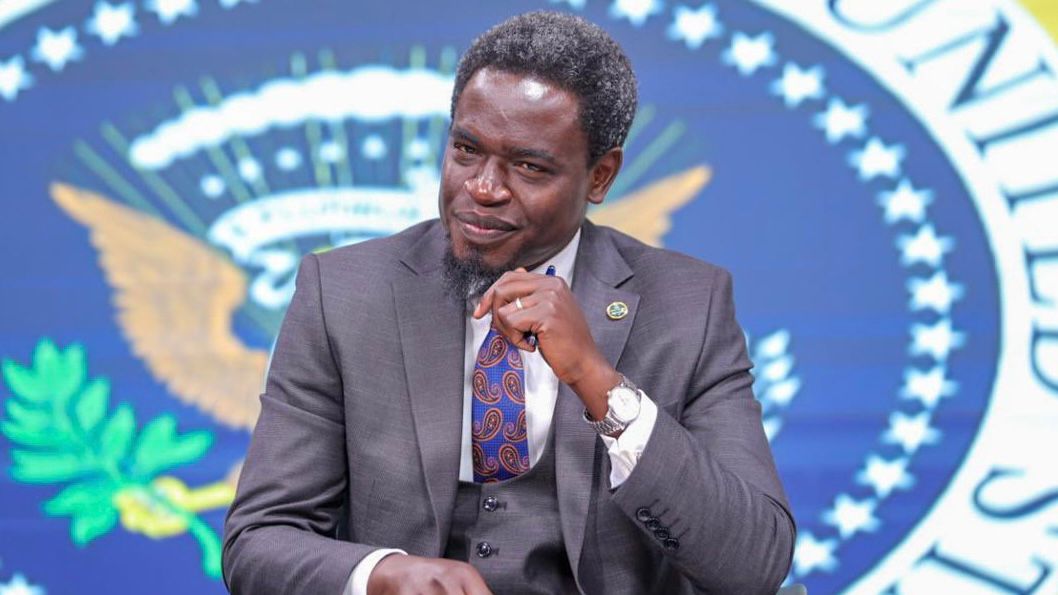Higher Education Principal Secretary Beatrice Inyangala has disclosed that over 12,000 students have appealed the new university funding model bands.
Speaking on Tuesday, September 3, during a town hall session at Jomo Kenyatta University of Agriculture And Technology (JKUAT), Inyangala noted that most of the students were uncomfortable with their household contributions.
She explained that her department sent chiefs to villages to collect information about the students for validation of records.
"We have about 12,000 students who have lodged their appeals. Most of them are uncomfortable about their household contribution. We sent chiefs to the villages to help us collect further information because we are trying to validate and triangulate the information that we have on record as well as the reasons that the students gave for appeal and the evidence on the ground," Inyangala remarked.
She further added that a team was currently working on the data, even as she maintained that the results would be out by next week.
Read More
Kisii Senator Richard Onyonka, who was among the panelists in the town hall session, expressed his dissatisfaction with the funding model, maintaining that education in the country should be free at all levels.
The lawmaker claimed that the Ministry of Education receives enough funding to ensure that all students receive free education.
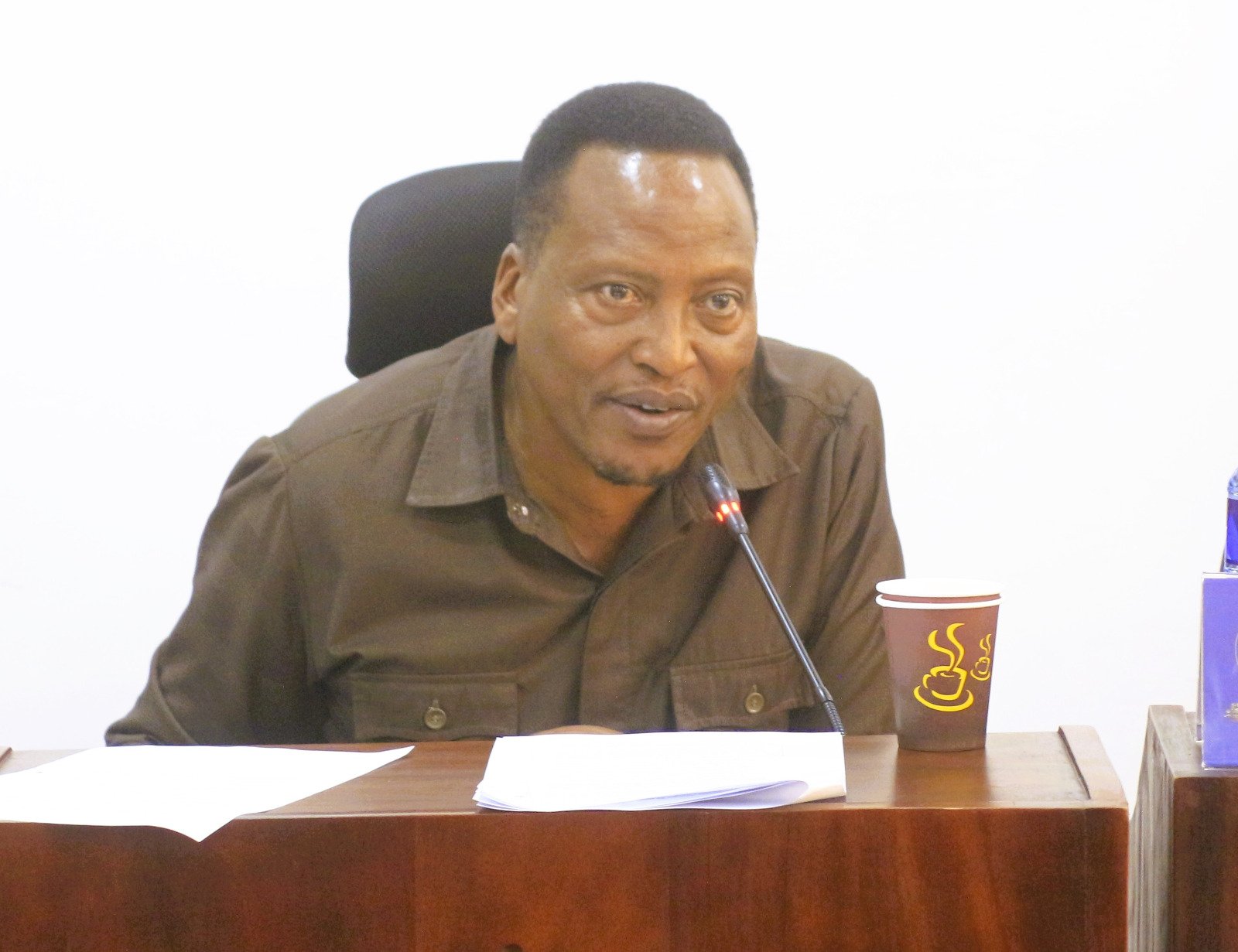
"University education, primary school education, and secondary school education in Kenya must be free. Why do I say so? We are giving the Ministry of Education Sh633 billion a year. That is the money President Kibaki ran this country the first year he took office and his second year," Onyoka stated.
Dr. Emmanuel Manyasa, an education researcher who was also a panelist at the town hall session, warned that if bright students from poor backgrounds are not given a fair chance through education, disaster awaits.
"Intelligence is not domiciled in the household of the rich only. We have very brilliant children from very poor backgrounds who must get a fair chance through education. If they don't get it, they will not stop being intelligent. They will continue to be intelligent but with grievances and they will subvert this country. There are people who have sat down and thought that education is something you can use to build an advantage for your children and prevent intelligent students from rising beyond a certain level. That is happening right now in the way we are funding education," he remarked.
However, Dr. Manyasa acknowledged that the funding model's core principle of equity is sound, but he emphasized that it alone cannot resolve the financial crisis facing universities.
"We have a new funding model which at the core is not bad because it was based on the equity principle. But then we have come up with other things like imagining that this will solve the financial crisis in universities. It will not," he explained.
On her part, PS Inyangala reiterated that the foundation of the model was on equality mainatining that everyone was treated equally.
"Everybody was treated equally irrespective of the social economic status. Every household was expected to contribute 20% of the total cost of the program then the government would come in with 80% of the total cost of the program. This information has been lost among the public. The principle was equity. We wanted to meet these students at their point of need," she explained.
Read Also: Explainer: How Students Can Appeal University Funding Bands
On Tuesday, August 20, Inyangala stated that the accuracy of the means testing instrument (MTI) of the new university funding model depended on the information provided by the applicants.
The PS noted that many students applied for funding through cybercafés and submitted their applications without verifying the accuracy of their information, which resulted in them being placed in their current funding bands.
